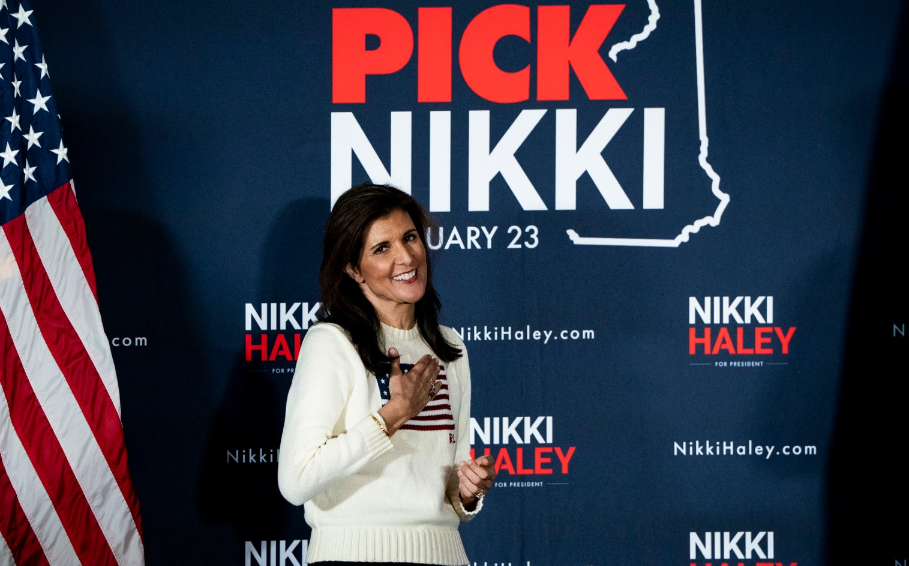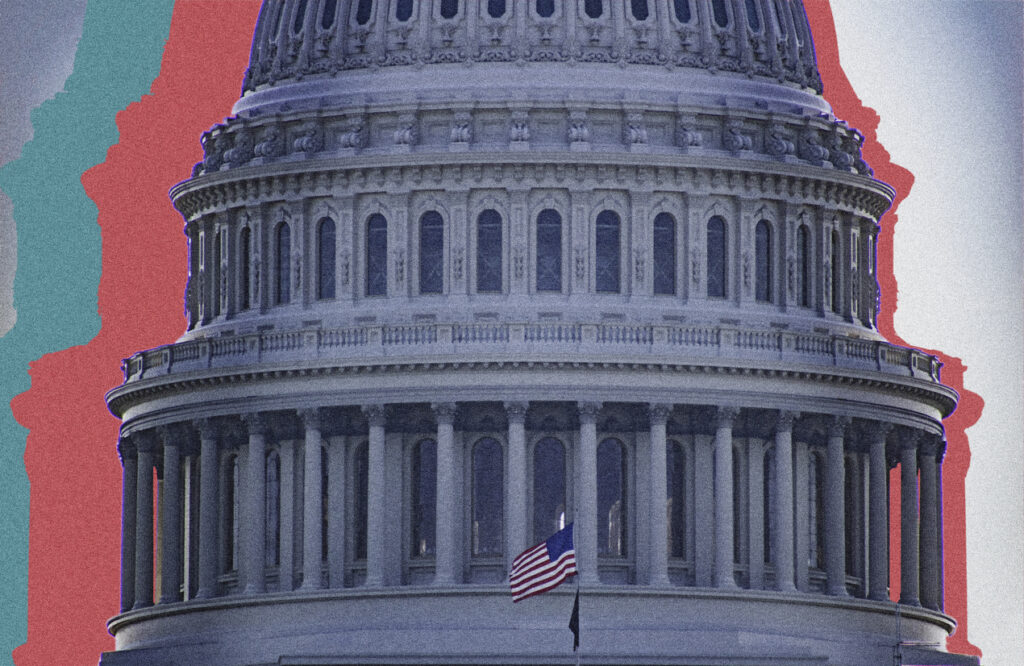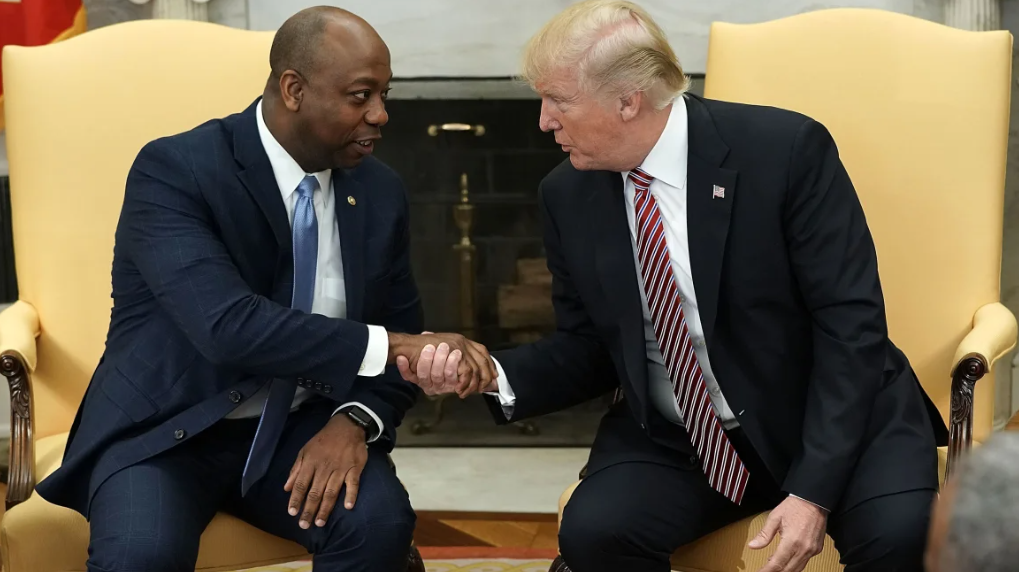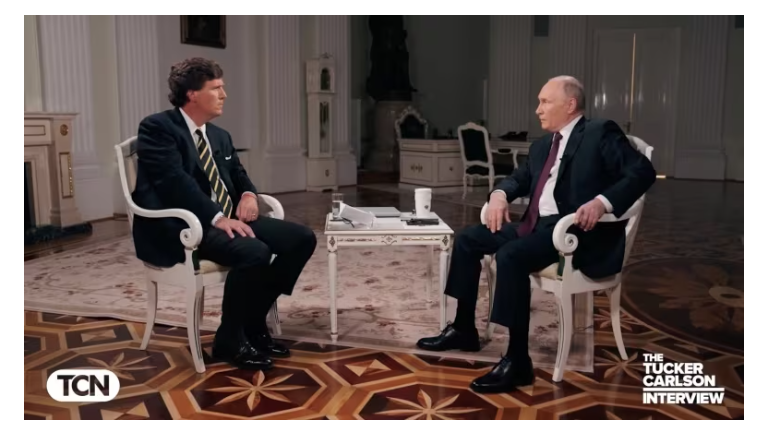Credit: Politico
Grab your popcorn, folks, because the drama unfolding in New York City’s education system is more riveting than a Broadway show. Eric Adams, the city’s head honcho, is gearing up for a showdown that could rival any Shakespearean plot. His mission? To convince state lawmakers to let him keep his conductor’s baton for the city’s public school orchestra.
Now, this isn’t your average schoolyard tussle. We’re talking about a high-stakes negotiation that has more twists and turns than a New York pretzel. Our main character, Mayor Adams, is facing a chorus of critics, including state legislators who are less than thrilled with his recent budget cuts and his reluctance to shrink class sizes. Picture a group of lawmakers, arms crossed, tapping their feet impatiently as Adams tries to hit the right notes.
The scene is set in Albany, where the legislative session is underway, and mayoral control of schools is top of the agenda. It’s like the season finale of your favorite political drama, and everyone’s waiting to see who will take the final bow.
At a recent state legislative hearing, more than a hundred people crammed in to voice their opinions on mayoral control. The opinions were as varied as New York’s subway performers, with some calling for an end to Adams’ solo performance and others singing his praises.
State Education Commissioner Betty Rosa is in the spotlight too, tasked with delivering a report on the policy’s effectiveness. She’s like the impartial judge in a talent show, promising to share the findings without swaying the vote.
Meanwhile, Gov. Kathy Hochul and the Legislature are waiting in the wings, ready to review Rosa’s report. The deadline is set for the end of March, just in time for the budget’s grand finale in June. It’s a race against the clock, and the tension is palpable.
This drama has its roots in a 2002 law that shifted the educational baton to mayors from local school boards. Adams is vying for a four-year extension of this control, but some lawmakers see this as a bargaining chip in a larger political poker game.
Flashback to 2022, and Adams faced a setback with only a two-year extension, a far cry from the four-year encore he sought. To make matters worse, legislators threw in a costly mandate to reduce class sizes, a move that had Adams singing the blues.
Now, Adams is stepping onto the Albany stage with a bit lower approval ratings and facing some challenging side plots, including a federal probe into his 2021 campaign. Yet, he’s not throwing in the towel. He’s touting achievements like a new reading curriculum and a rise in test scores, hoping to sway the audience in his favor.
Nathaniel Styer, a spokesperson for the city’s Department of Education, is playing the role of Adams’ hype man, championing the benefits of mayoral control. He’s talking about transparency, parental involvement, and “meaningful accountability.” It’s like he’s trying to sell tickets to a show everyone’s unsure about.
As for Assembly Speaker Carl Heastie and Senate Majority Leader Andrea Stewart-Cousins, they’re keeping their cards close to their chests, offering a cryptic “we’ll see” in response to questions about the future of mayoral control.
Rewind to 2022, and Adams got the green light to continue overseeing schools, but with some strings attached. The Panel for Educational Policy, the Department of Education’s governing body, got a makeover, increasing its members and changing terms to enhance parental representation. It’s like adding new instruments to the orchestra but not letting the conductor choose the tunes.
Fast forward to today, and Adams is navigating this new terrain, trying to keep his grip on the school system’s baton. State Senator Iwen Chu and others are weighing in, advocating for parental say in the educational symphony.
But there’s a twist: Chicago and Boston are changing their tunes, with moves towards elected school boards. It’s like New York’s education drama is inspiring spin-offs in other cities.
Michael Mulgrew, head of the United Federation of Teachers, is planning to lobby for changes to mayoral control. He’s pushing for more decision-making power for community education councils, wanting to give them some real clout in the educational narrative.
So, as the curtain rises on this legislative session, all eyes are on Adams and his quest to maintain control of New York City’s school system. Will he manage to keep conducting the educational orchestra, or will a new maestro take the podium? Stay tuned, because in the world of New York City politics, the show always goes on!











